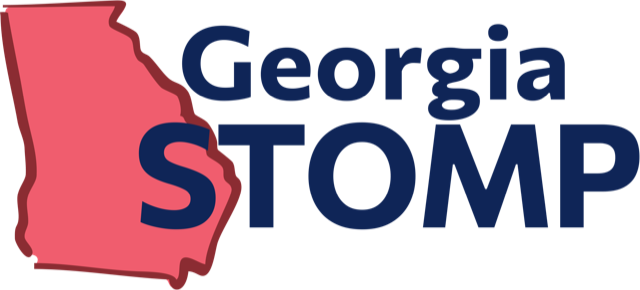Update from Congressional Leader in Menstrual Equity, Congresswoman Grace Meng (NY)
The Georgia STOMP coalition recently received this update from the office of Congresswoman Grace Meng – Queens, New York.
For Immediate Release: August 27, 2019
MENG SECURES PROVISIONS TO IMPROVE ACCESS TO MENSTRUAL HYGIENE PRODUCTS
WASHINGTON, D.C. – U.S. Rep. Grace Meng (D-NY), who has championed menstrual equity issues in Congress, announced today that she has secured even more provisions to make menstrual hygiene products more accessible to women and girls. These measures were included across several fiscal year 2020 spending packages that recently passed the House of Representatives. They consist of the following items:
- Instructing the director of the Federal Bureau of Prisons (BOP) to provide guidance on the agency’s distribution of menstrual hygiene products to incarcerated women. While the BOP is required by law to provide free menstrual products to prisoners, there remains serious concerns on the continued inconsistency and inaccessibility of these products for all prisoners in BOP custody. Furthermore, in response to reports of pervasive and demeaning methods of product distribution, each prisoner would now determine for themselves what is of sufficient quantity – therein, empowering prisoners. The measure also ensures that nobody is prohibited from visiting an incarcerated individual due to the visitor’s use of menstrual hygiene products. Lastly, this provision puts in place reporting requirements to ensure oversight of full implementation of this policy.
- Directing the Veterans Health Administration (VHA) to ensure free menstrual hygiene products are made available in public female, unisex, and family restrooms in all VA facilities. There are concerns that not all VA facilities have committed to their own VHA directive with regards to these products and their accessibility. The provision also includes a reporting requirement on the full distribution and implementation.
- Directing the Office on Women’s Health within the U.S. Department of Health and Human Services to commission a study on the usage of, type, preferences, and frequency in changing different menstrual hygiene products by race and socioeconomic status. The study would help provide accurate and reliable data on the usage of – and preferences for – different types of menstrual hygiene products. Presently, this type of comprehensive data does not exist.
- Directing the Administrator of U.S. Aid for International Development (USAID) to issue an updated report on how its Water, Sanitation, and Hygiene (WASH) programs ensure the availability of menstrual hygiene products. The goal of WASH programs is to promote global public health through access to clean water, sufficient sanitation, and proper hygiene, and providing safe menstrual hygiene products to women and girls abroad must be a key component of these initiatives. The report would also include recommendations on how USAID could improve its management of investments in this area.
In addition to the above items, Meng is continuing to push the Menstrual Equity for All Act, a bill she introduced earlier this year that is the first comprehensive measure to address the different challenges that women and girls face in affording and accessing menstrual hygiene products. The Congresswoman is also sponsoring the Menstrual Products Right to Know Act which would require companies to list the ingredients in menstrual hygiene products; the Menstrual Hygiene Products in Federal Buildings Act which would require menstrual items to be available in U.S. government buildings; and a resolution to recognize Menstrual Hygiene Day. In addition, she recently testified about her legislative efforts before two House committees.
“Access to safe, affordable menstrual hygiene products is a basic need and a health care right for over half the population,” said Meng. “It is a human right, which is why I will do everything I can to ensure these items are accessible to all who need them. One’s dignity cannot be comprised or diminished for these life essential items. It has been a privilege to lead the menstrual equity fight in Congress, and I will remain fiercely committed to this effort until every woman and girl has access to these necessary products.”
Meng’s provisions were included in several different appropriations bills including Labor, Health and Human Services and Education; State and Foreign Operations; Commerce, Justice, Science; and Military Construction, Veterans Affairs and Related Agencies.
Contact Information for Meng’s office: Jordan Goldes, 718-445-7861
